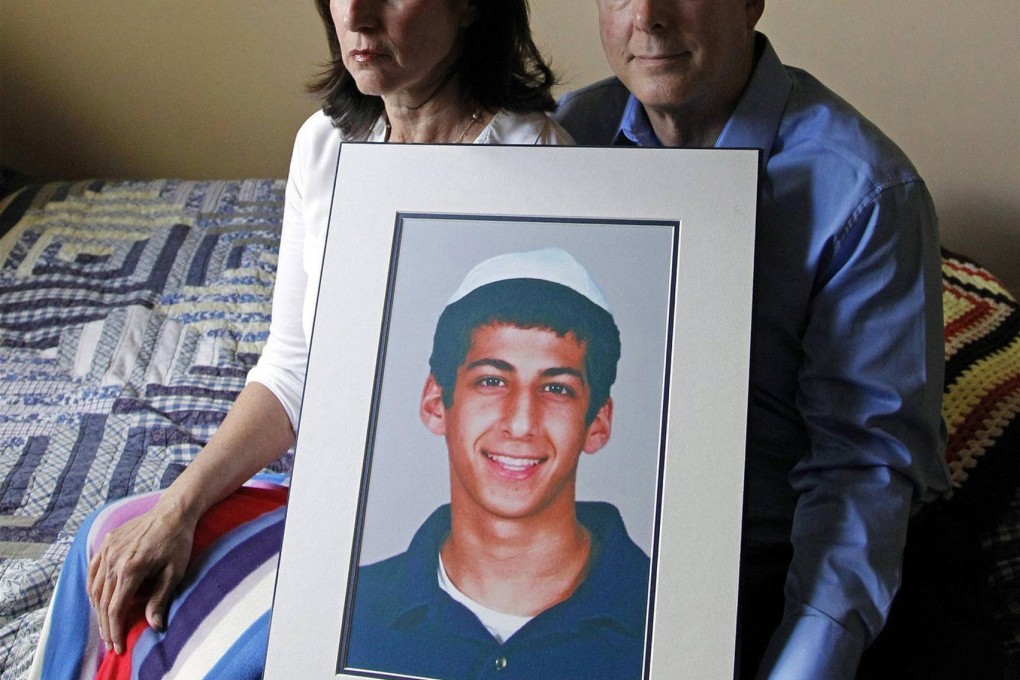Quest for justice in Israel suicide bomb death opens web of intrigue
A distraught couple's pursuit of justice for their son's death in a bomb attack has put the Bank of China and Israel on the spot

An American family's lawsuit, seeking restitution for the bombing death of a teenaged boy visiting Israel, has created an international storm, enveloping the Bank of China, Israeli leaders and a shadowy terrorist organisation.

The lawsuit, which has survived despite the bank's requests to have it dismissed, has now ensnared Israel's top leadership.
Israeli Prime Minister Benjamin Netanyahu appears to be reluctant to send a former Israeli intelligence official to New York to testify as a key witness, despite a judge's request that the official appear in court.
Netanyahu is being accused of letting the case unravel rather than risk ruining bilateral trade ties with Beijing. Israeli newspaper Yedioth Ahronoth said last month that Netanyahu, when prepping for a high-level visit to China in May, had promised not to let any civil servant, past or present, give testimony which might help the prosecution.
Netanyahu's office has declined to comment on the report.